- After Four Shark Attacks in 48 Hours, Australia Shuts Dozens of Beaches The New York Times
- Surfer injured in fourth shark attack in Australian state in 48 hours BBC
- ‘I kept telling him to not look at his leg and we just kept paddling’: Surfer…
Category: 2. World
-
After Four Shark Attacks in 48 Hours, Australia Shuts Dozens of Beaches – The New York Times
-
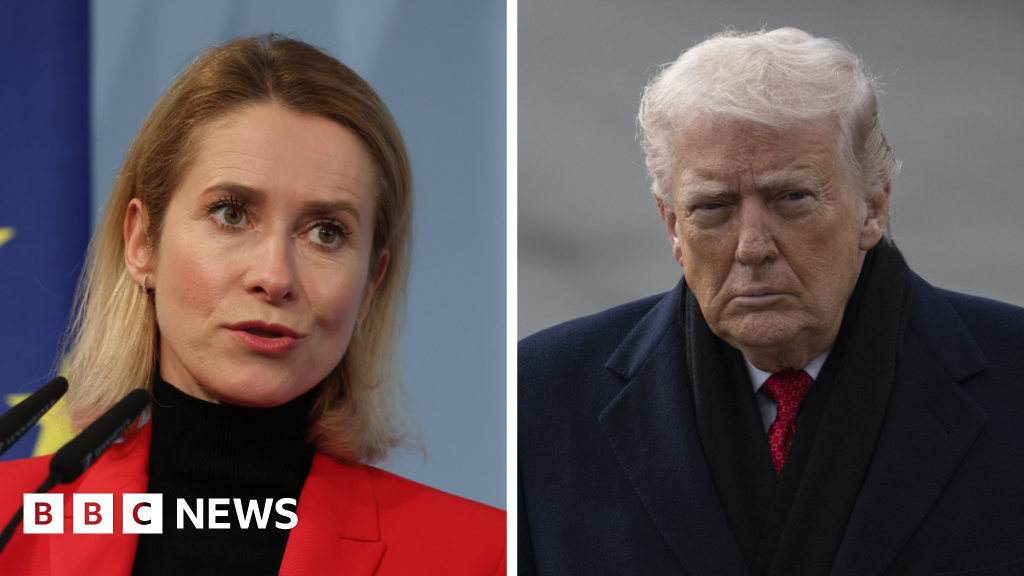
Trump says he will ‘100%’ carry out Greenland tariffs threat, as EU vows to protect its interests
Thomas Mackintoshand
Tabby Wilson,BBC News
 AFP via Getty Images
AFP via Getty ImagesKaja Kallas, the EU’s foreign policy chief, said the bloc has “no interest to pick a fight, but we will hold our ground”. Donald Trump has vowed to “100%” follow through on his threat to…
Continue Reading
-
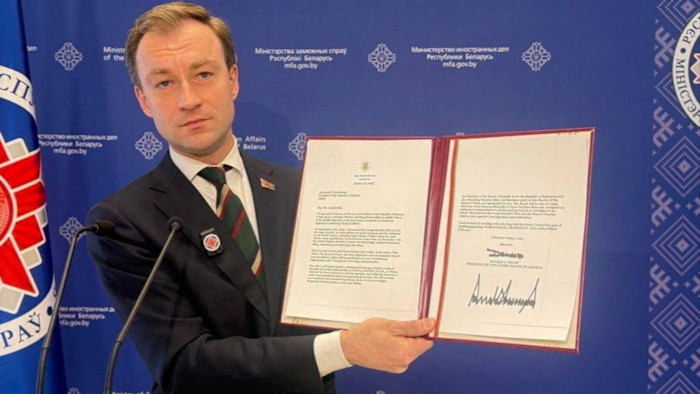
Trump’s ‘Board of Peace’ invitations bamboozle EU leaders
This article is an on-site version of our Europe Express newsletter. Premium subscribers can sign up here to get the newsletter delivered every weekday and fortnightly on Saturday morning. Standard subscribers can upgrade to Premium here, or
Continue Reading
-
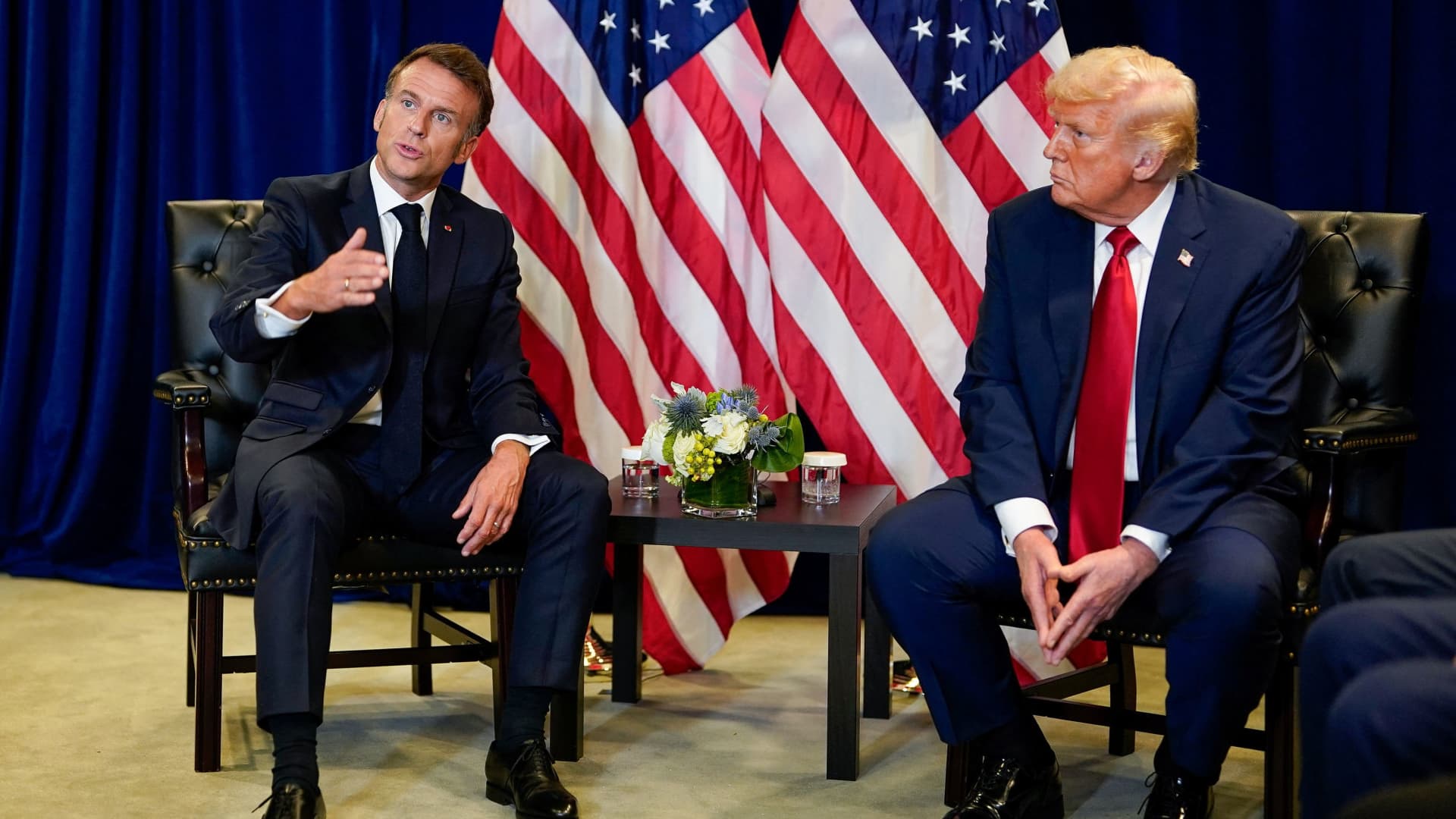
Trump threatens 200% tariff on French wines and champagnes
U.S. President Donald Trump meets with French President Emmanuel Macron during the 80th United Nations General Assembly, in New York City, New York, U.S., Sept. 23, 2025.
Alexander Drago | Reuters
U.S. President Donald Trump on Tuesday threatened…
Continue Reading
-
Tensions likely between new government and the Bank of Japan – Financial Times
- Tensions likely between new government and the Bank of Japan Financial Times
- Japan PM Takaichi calls snap election three months after taking office BBC
- Japan Lower House dissolution to delay budget passage The Japan Times
- Japan’s snap poll on Feb…
Continue Reading
-

UK mulls Australia-style ban on social media for children
A girl poses holding her phone after an interview discussing Australia’s social media ban for users under 16, which is scheduled to take effect on December 10, in Sydney, Australia, November 22, 2025. —… Continue Reading
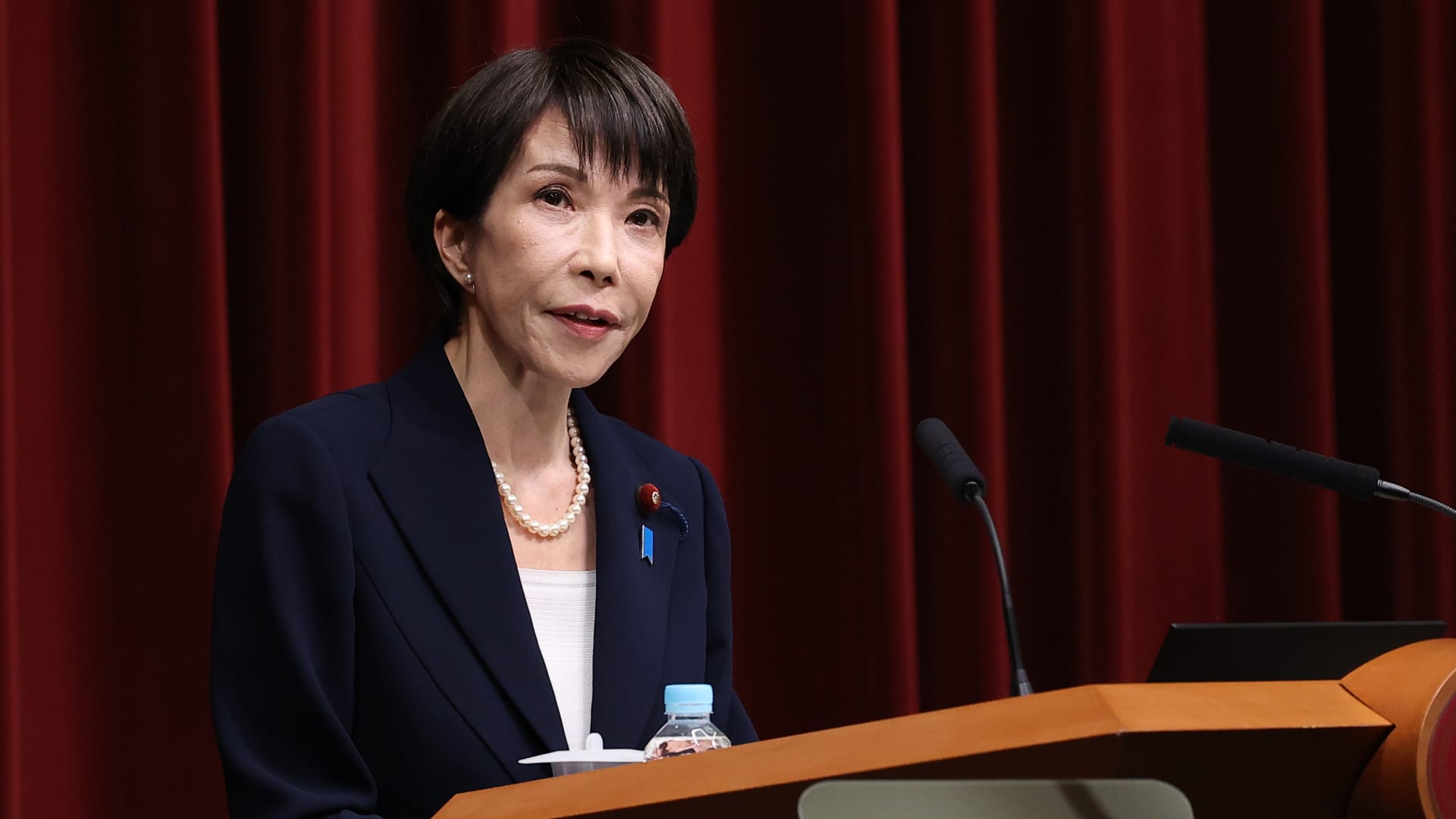
A reckless risk or calculated gamble?
Sanae Takaichi, Japan’s prime minister, during a news conference the prime minister’s office in Tokyo, Japan, on Monday, Jan. 19, 2026. Takaichi officially called an early election next month and promised a temporary sales tax cut on food if she…
Continue Reading
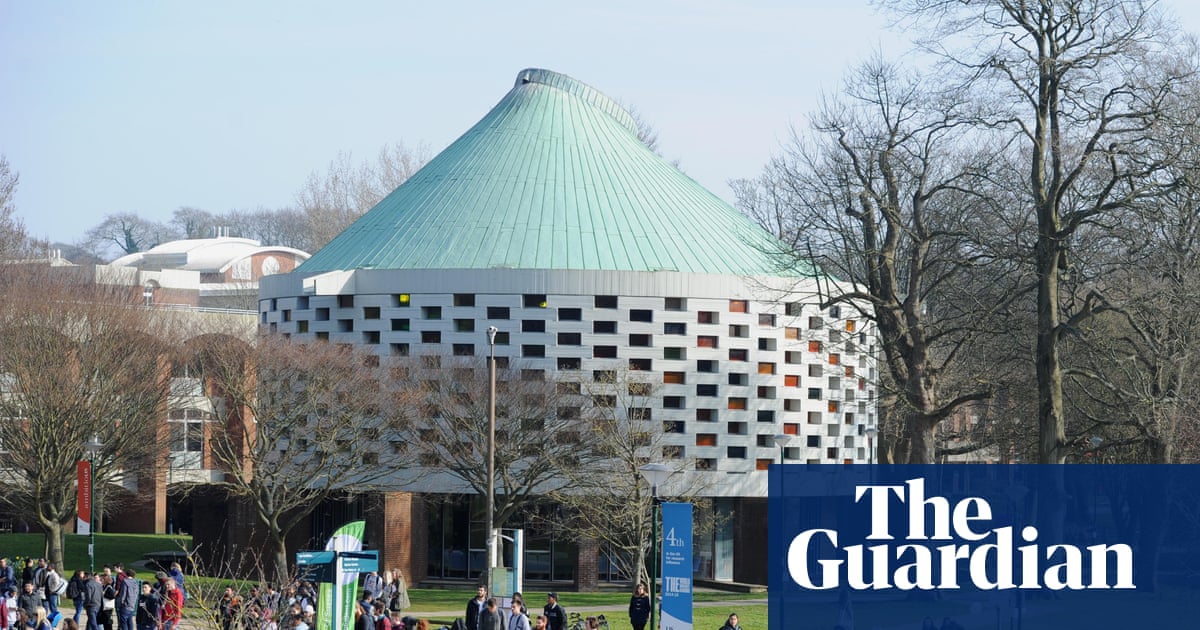
UK ministers scrap foreign students target in shift to overseas hubs strategy | Education policy
Ministers are scrapping target numbers for international students in the UK and will instead focus on encouraging universities to open hubs abroad, as part of a plan to bring British education to people “on their own doorsteps”.
The…
Continue Reading
Military aircraft to arrive in Greenland for ‘long-planned’ activities: US-Canada command – Al Arabiya English
- Military aircraft to arrive in Greenland for ‘long-planned’ activities: US-Canada command Al Arabiya English
- France wants NATO exercise in Greenland, ‘ready to contribute’: presidency Arab News PK
- The Iron Fist Inside a Velvet Glove
Continue Reading
Australia shuts dozens of east coast beaches after shark attacks – Reuters
- Australia shuts dozens of east coast beaches after shark attacks Reuters
- Surfer injured in fourth shark attack in Australian state in 48 hours BBC
- Shark mauls surfer in Sydney, third attack in two days Dawn
- ‘I kept telling him to not look at his…
Continue Reading